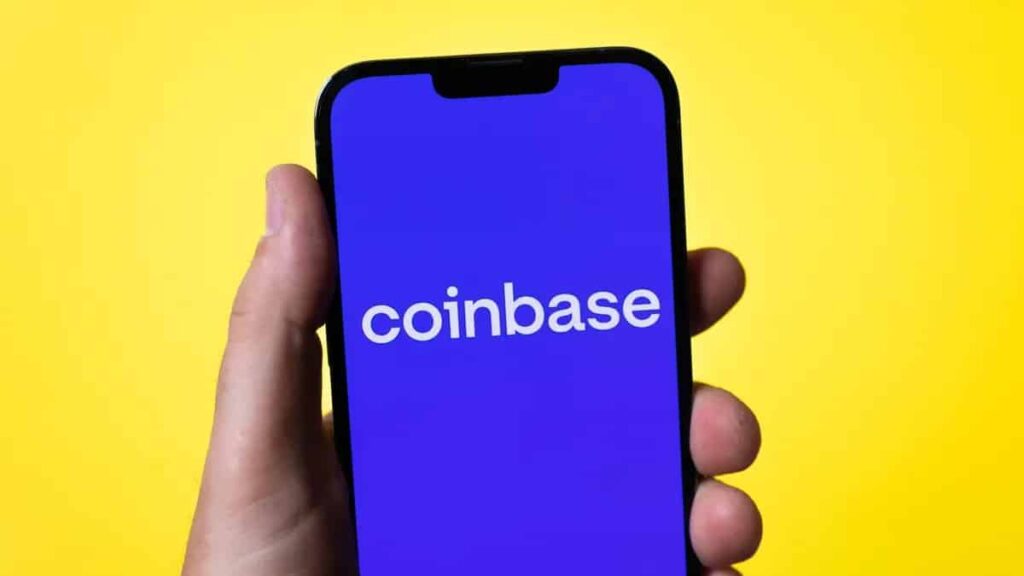Focus
Nigeria looks to take control of CBDC technology as eNaira rollout stalls
Editor’s Note: With so much market volatility, stay on top of daily news! Get caught up in minutes with our speedy summary of today’s must-read news and expert opinions.Sign up here!
(
[Kitco News](/)) –
Nigeria’s push for the eNaira, which has faced numerous setbacks in recent months, is now facing a new challenge on the technology front.According to a Bloomberg report published Tuesday, the African nation is in talks with new potential technology partners to find a better system to manage its central bank digital currency (CBDC).
The Central Bank of Nigeria (CBN) developed the eNaira with U.S.firm Bitt Inc., a financial technology company that provides digital currency solutions to central banks and financial institutions.When it was rolled out in October 2021, Nigeria became the first country in Africa to implement a CBDC.
According to the report, the problem is not with the functionality of the technology itself, but with who owns it.CBN “wants to develop its own software for the digital currency so that it can keep full control of the effort,” and they have discussed plans for the development of a new proprietary technology with R3, a global enterprise technology and services firm based in New York.
According to Bitt’s website, the rollout of the eNaira was planned in three phases, and they are currently in phase two, which involves “onboarding banked customers and merchants, and integrating and optimizing core banking systems to facilitate transactions throughout the existing eNaira ecosystem.” Other goals for this phase include integrations with the National Payment Service for QR functionality and wholesale funds transfer, text-messaging integration with CBN’s SMS gateway service, and reinforcing security.
The third phase is to include the onboarding of a Nigerian trade and exchange platform, the release of sector-specific tokens for grants and subsidies, and programmable eNaira payments for different payment scenarios.
The sources said the new technology partner, whether R3 or another company, would not be expected to take over Bitt’s job immediately, but would work with CBN to achieve their long-term objective “to control the underlying technology.”
Nearly a year and a half after its launch, the rollout of the eNaira is not going quite according to plan, as
only 0.5% of Nigeria’s 217 million citizens are using the CBDC.
The lackluster uptake of the eNaira by the public prompted the central bank to implement withdrawal limits on the amount of cash that citizens can take out of their bank accounts in an attempt to push its “cash-less Nigeria” policy and increase the use of the eNaira.
Under the new laws put in place on Jan.9, citizens can only withdraw a maximum of 20,000 nairas (around $43.50) from cash machines per day, with a weekly limit of 100,000 nairas (roughly $217).
The CBN also issued new naira banknotes with the intention of curbing inflation and money laundering.
Originally, Nigerians had until Jan.24 to exchange their old, higher denomination bank notes for the new currency, but limitations with its distribution resulted in the CBN announcing that it would extend the deadline to swap old naira currency notes by 10 days to “allow more of those in rural communities to exchange the old notes,”
according to CBN Governor Godwin Emefiele.
Nigerians had until Feb.10 to turn in 1,000, 500 and 200 naira notes.After that date, naira holders would have an additional seven days to deposit old notes directly with the CBN.
As of Feb.17, any old bills remaining in circulation are null and void.
The population of Nigeria is considered to be the most crypto-savvy on the African continent, with the nation ranking as the top country in Africa for crypto adoption and 11th globally.
More than a third (35%) of the Nigerian population between the ages of 18 and 60 reported owning or trading cryptos in 2022.
The recent collapse in the value of the national currency and the limitations placed on the amount of cash citizens can withdraw from ATMs resulted in
demand for Bitcoin (BTC) skyrocketing.Earlier this month, the price of one BTC on the Nigerian crypto exchange NairaEX was 17.5 million NGN, or $38,010.
This amounted to a 64% premium over Bitcoin’s market price.
Nigeria is also moving forward with new regulations for non-governmental crypto.On Dec.18, Babangida Ibrahim, Nigeria’s Chairman of the Committee on Capital Markets and Institutions, said that the country’s House of Representatives is
planning to pass new legislation which will allow a range of uses for cryptocurrencies in Africa’s largest economy.
Once passed and signed into law, the Investments and Securities Act, 2007 (Amendment) Bill will allow Nigeria’s Securities and Exchange Commission to recognize cryptocurrencies and other digital assets as “capital for investment,” and will also define the regulatory roles of the SEC and the Central Bank of Nigeria (CBN) as they pertain to crypto..
